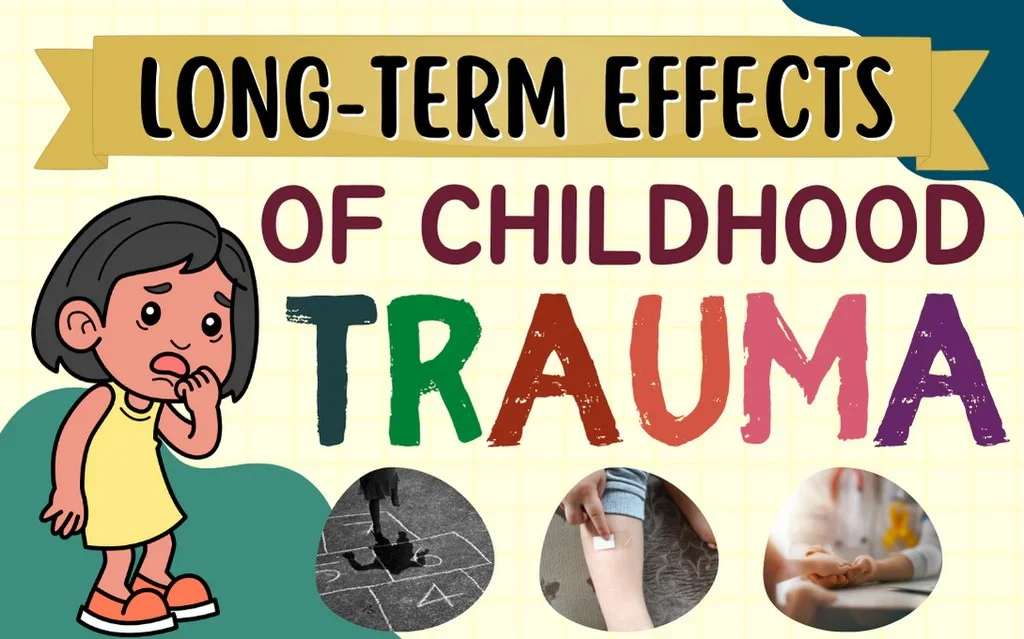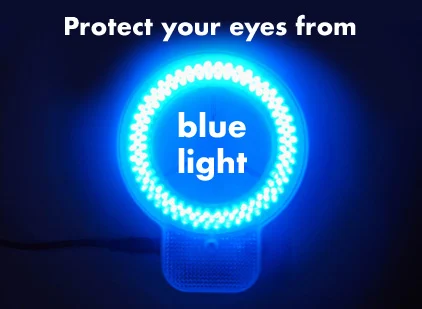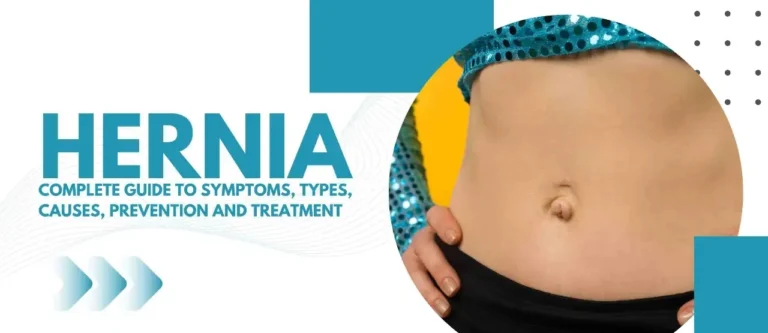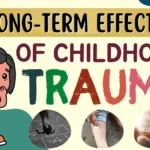Childhood trauma affects millions of people worldwide, creating lasting impacts that extend well into adulthood. Understanding the connection between early adverse experiences and adult mental health is crucial for healing and recovery. This comprehensive guide explores the long-term effects of childhood trauma, available interventions, and pathways to healing for survivors seeking to reclaim their mental wellness.
What is Childhood Trauma?

Childhood trauma refers to emotionally distressing or disturbing experiences that occur during childhood and overwhelm a child’s ability to cope. These experiences can have profound effects on brain development, emotional regulation, and future relationships.
Types of Childhood Trauma:
- Physical, emotional, or sexual abuse
- Neglect (physical or emotional)
- Witnessing domestic violence
- Loss of a parent or caregiver
- Serious accidents or medical procedures
- Natural disasters or community violence
- Bullying or peer victimization
- Family dysfunction, including substance abuse or mental illness
Adverse Childhood Experiences (ACEs): The ACEs study identified ten categories of childhood trauma that significantly impact adult health outcomes. Higher ACE scores correlate with increased risks for mental health issues, chronic diseases, and early death.
Long-Term Effects on Adult Mental Health
Childhood trauma can profoundly impact adult mental health through various mechanisms:
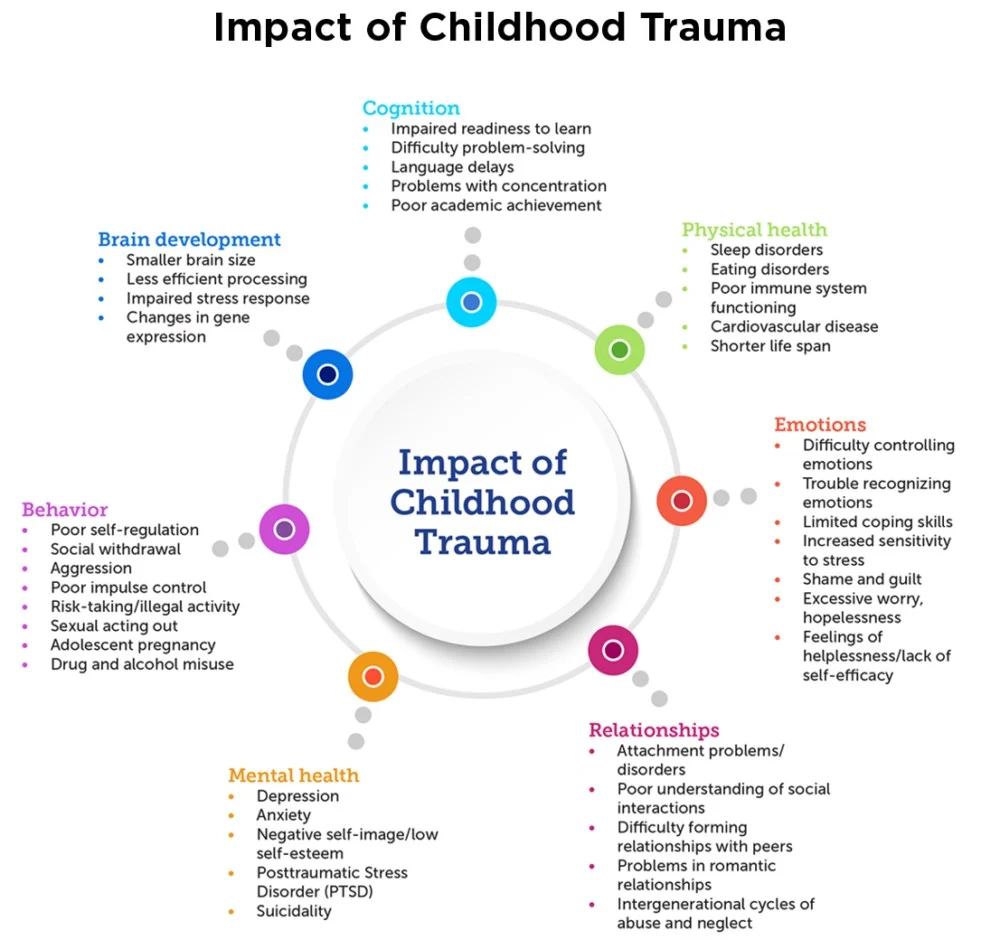
Neurobiological Changes:
- Altered brain structure and function, particularly in areas controlling emotion and stress response
- Dysregulated stress hormone systems (cortisol, adrenaline)
- Impaired neural pathways affecting memory, learning, and decision-making
- Changes in neurotransmitter systems affecting mood and behavior
Mental Health Conditions:
- Post-Traumatic Stress Disorder (PTSD) and Complex PTSD
- Depression and anxiety disorders
- Borderline personality disorder and other personality disorders
- Substance abuse and addiction
- Eating disorders and self-harm behaviors
- Dissociative disorders and memory issues
Relationship and Social Effects:
- Difficulty forming and maintaining healthy relationships
- Trust issues and fear of abandonment
- Challenges with emotional intimacy and vulnerability
- Problems with boundaries and communication
- Increased risk of revictimization in adulthood
Physical Health Consequences
Trauma’s impact extends beyond mental health to physical wellbeing:
Chronic Health Conditions:
- Increased risk of heart disease, diabetes, and autoimmune disorders
- Chronic pain syndromes and fibromyalgia
- Gastrointestinal problems and irritable bowel syndrome
- Sleep disorders and chronic fatigue
- Increased inflammation and compromised immune function
Behavioral Health Risks:
- Higher rates of smoking, alcohol, and drug use
- Risky sexual behaviors and unsafe practices
- Poor self-care and neglect of medical needs
- Increased likelihood of accidents and injuries
Recognizing Trauma Symptoms in Adults
Adult survivors of childhood trauma may experience various symptoms:
Emotional Symptoms:
- Chronic feelings of emptiness or numbness
- Intense shame, guilt, and self-blame
- Emotional dysregulation and mood swings
- Persistent sadness, anxiety, or anger
- Feelings of helplessness and hopelessness
Behavioral Patterns:
- Hypervigilance and constant alertness to danger
- Avoidance of people, places, or situations that trigger memories
- Self-destructive behaviors and sabotaging relationships
- Perfectionism or extreme people-pleasing
- Difficulty setting boundaries and saying no
Cognitive Effects:
- Intrusive memories, flashbacks, or nightmares
- Negative self-talk and distorted thinking patterns
- Difficulty concentrating and memory problems
- Dissociation and feeling disconnected from reality
- Confusion about identity and self-worth
Evidence-Based Treatment Interventions

Effective treatments for childhood trauma survivors focus on healing and building resilience:
Trauma-Focused Therapies:
- Trauma-Focused Cognitive Behavioral Therapy (TF-CBT)
- Eye Movement Desensitization and Reprocessing (EMDR)
- Cognitive Processing Therapy (CPT)
- Prolonged Exposure Therapy
- Narrative Exposure Therapy
Body-Based Approaches:
- Somatic Experiencing and body-based trauma therapy
- Yoga and mindfulness-based interventions
- Expressive arts therapy (art, music, dance/movement)
- Breathwork and meditation practices
- Massage therapy and other bodywork modalities
Medication Support:
- Antidepressants for depression and anxiety symptoms
- Anti-anxiety medications for severe anxiety
- Sleep medications for trauma-related insomnia
- Mood stabilizers for emotional regulation
- Medications should always be combined with therapy for best outcomes
Self-Care and Coping Strategies
Survivors can develop healthy coping mechanisms to support their healing journey:
Daily Self-Care Practices:
- Establishing consistent sleep and wake routines
- Regular physical exercise appropriate to your ability
- Nutritious eating habits and staying hydrated
- Limiting alcohol and avoiding substance use
- Creating safe, comfortable living spaces
Emotional Regulation Techniques:
- Deep breathing exercises and progressive muscle relaxation
- Grounding techniques using the five senses
- Journaling and expressive writing
- Mindfulness meditation and present-moment awareness
- Creating and using personalized comfort kits
Building Support Systems:
- Connecting with trusted friends and family members
- Joining trauma survivor support groups
- Participating in community activities and volunteer work
- Building relationships with understanding healthcare providers
- Considering peer support and mentorship programs
Prevention and Breaking the Cycle
Preventing childhood trauma requires community-wide efforts and individual awareness:
Community Prevention:
- Supporting evidence-based parenting programs
- Strengthening family economic security and stability
- Improving access to mental health and substance abuse treatment
- Creating safe, stable, and nurturing environments for children
- Implementing trauma-informed practices in schools and organizations
Breaking Intergenerational Trauma:
- Trauma survivors seeking their own healing and therapy
- Learning healthy parenting and communication skills
- Developing emotional regulation and stress management abilities
- Creating secure attachment relationships with children
- Building awareness of trauma’s impact on family systems
Building Resilience and Post-Traumatic Growth
Recovery from childhood trauma is possible, and many survivors experience significant growth:
Resilience Factors:
- Strong social support networks
- Sense of purpose and meaning in life
- Spiritual or religious beliefs and practices
- Problem-solving skills and emotional intelligence
- Ability to find meaning in suffering and help others
Post-Traumatic Growth:
- Increased appreciation for life and relationships
- Greater sense of personal strength and capability
- Enhanced empathy and compassion for others
- Deeper spiritual awareness and connection
- New possibilities and opportunities for growth
Creating Trauma-Informed Environments
Trauma-informed approaches benefit survivors in various settings:
Key Principles:
- Safety (physical and emotional)
- Trustworthiness and transparency
- Peer support and mutual self-help
- Collaboration and mutuality
- Empowerment and choice
- Cultural, historical, and gender considerations
Implementation Settings:
- Healthcare systems and medical practices
- Educational institutions and workplaces
- Social services and community organizations
- Law enforcement and judicial systems
- Faith communities and spiritual organizations
Frequently Asked Questions

Q: Can childhood trauma effects be reversed in adulthood?
A: While childhood trauma creates lasting changes, the brain maintains neuroplasticity throughout life. With appropriate treatment and support, many trauma effects can be significantly reduced, and healthy coping skills can be developed. Complete “reversal” may not be possible, but meaningful healing and growth are achievable.
Q: How do I know if my childhood experiences qualify as trauma?
A: Trauma is defined by your subjective experience and how events affected you, not just by their objective severity. If childhood experiences continue to impact your daily life, relationships, or emotional wellbeing, they may be considered traumatic. A mental health professional can help assess your experiences.
Q: Is it too late to heal from childhood trauma as an adult?
A: It’s never too late to begin healing from childhood trauma. Many people start their healing journey in their 40s, 50s, or even later. While earlier intervention may be easier, adults of any age can benefit from trauma-focused treatment and experience significant improvement in their quality of life.
Q: Should I confront my abuser as part of my healing process?
A: Confrontation is not necessary for healing and may sometimes be harmful or retraumatizing. Focus should be on your own healing process rather than seeking acknowledgment or apology from others. Discuss this decision with a qualified therapist who can help you determine what’s best for your situation.
Q: How can I support a loved one who experienced childhood trauma?
A: Offer consistent, non-judgmental support and encourage professional help when appropriate. Learn about trauma responses to better understand their experiences. Respect their boundaries and healing timeline. Consider attending family therapy sessions if they’re open to it.
Q: What’s the difference between regular therapy and trauma-focused therapy?
A: Trauma-focused therapy specifically addresses trauma symptoms and uses evidence-based techniques designed for trauma recovery. These approaches directly process traumatic memories and help develop trauma-specific coping skills, whereas general therapy may not adequately address trauma’s unique impacts.
Conclusion
Childhood trauma’s effects on adult mental health are significant and far-reaching, but they are not insurmountable. Understanding the connection between early adverse experiences and current struggles is the first step toward healing. With appropriate professional support, evidence-based treatments, and personal commitment to recovery, survivors can overcome trauma’s impact and build fulfilling, healthy lives.
The journey of healing from childhood trauma is often challenging and requires patience, self-compassion, and professional guidance. However, countless survivors have successfully navigated this path, finding not only relief from symptoms but also post-traumatic growth and renewed purpose in life.
Recovery is possible, and seeking help is a sign of strength, not weakness. If you’re a childhood trauma survivor, remember that your experiences don’t define your worth or limit your potential for happiness and success. With the right support and interventions, you can heal from the past and create the future you deserve.
Breaking the cycle of trauma not only benefits individual survivors but also protects future generations and strengthens entire communities. By addressing childhood trauma’s long-term effects and supporting survivors in their healing journey, we create a healthier, more resilient society for everyone.

